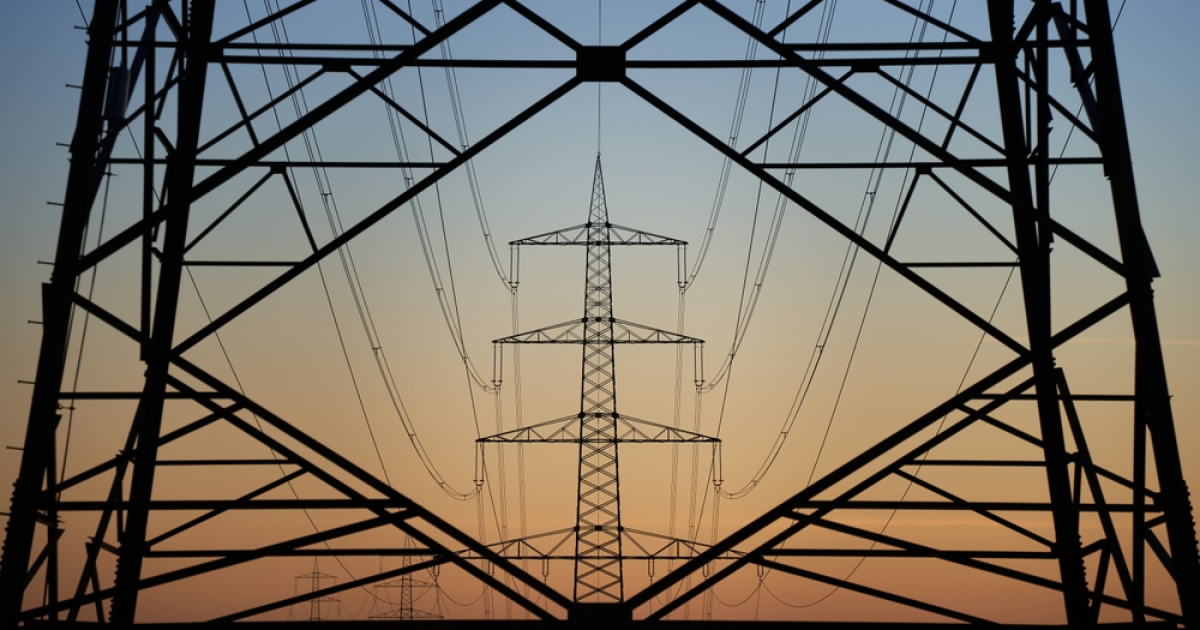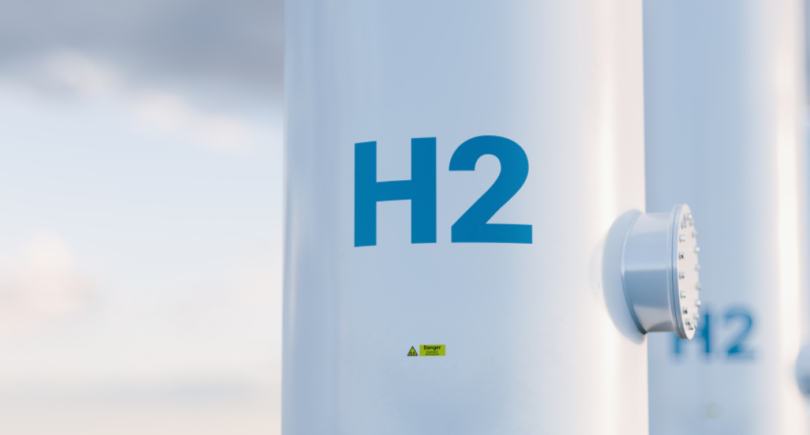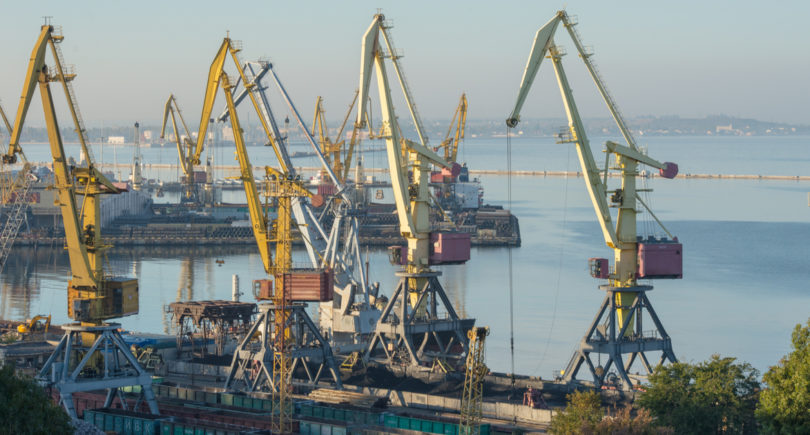
News Infrastructure електроенергія 760 12 June 2025
The American Iron and Steel Institute welcomed the decision.
The U.S. Environmental Protection Agency (EPA) has announced changes to the rules for greenhouse gas and other pollutant emissions from coal and gas-fired power plants. This is reported by Power Magazine.
In particular, the agency said it would repeal the 2024 regulation that would require existing coal-fired power plants and future gas-fired power plants to start capturing carbon over the next decade.
According to EPA Administrator Lee Zeldin, the Trump administration’s new rules will, among other things, reverse industry-destroying policies. The agency, while weakening them, also stated that “cost-effective [emissions] controls are not available.”
David Naylor, president and CEO of Texas-based Rayburn Electric Cooperative, explained to the publication that these steps will give electricity producers time to assess the viability of existing fossil fuel assets.
The American Iron and Steel Institute (AISI) welcomed the EPA’s announcement. According to Kevin Dempsey, president and CEO of AISI, greenhouse gas emissions from power plants in the United States do not contribute significantly to the predominantly global problem. In the U.S., they have declined significantly since 2005 and will continue to decline for the foreseeable future.
“The burdensome, costly and untested mandate included in the current rule for power plants will negatively impact the innovations already underway to reduce America’s carbon footprint. AISI applauds the EPA for announcing this new approach, which is important to the U.S. steel industry as we depend on an affordable and reliable supply of electricity,” he said.
As noted, AISI supports innovative, market-based approaches rather than strict federal requirements for the energy sector, which could negatively affect not only the steel industry but also the reliability of the grid in general.
AISI had previously expressed concerns about the rule proposed under the Biden administration by submitting comments to the EPA. In particular, it was noted that the steel industry is largely dependent on electricity for its operations, and the industry is committed to continuing the electrification of its enterprises. Therefore, the demand for electricity will grow, and any potential impact on its production, both in terms of cost and reliability, is of great concern to steelmakers.
As a reminder, the American Iron and Steel Institute (AISI) and the American Steel Association welcomed Trump’s announcement to increase tariffs on steel and aluminum imports to the US by up to 50%. They cited the growth of global overcapacity led by China and the need to protect the US market.




